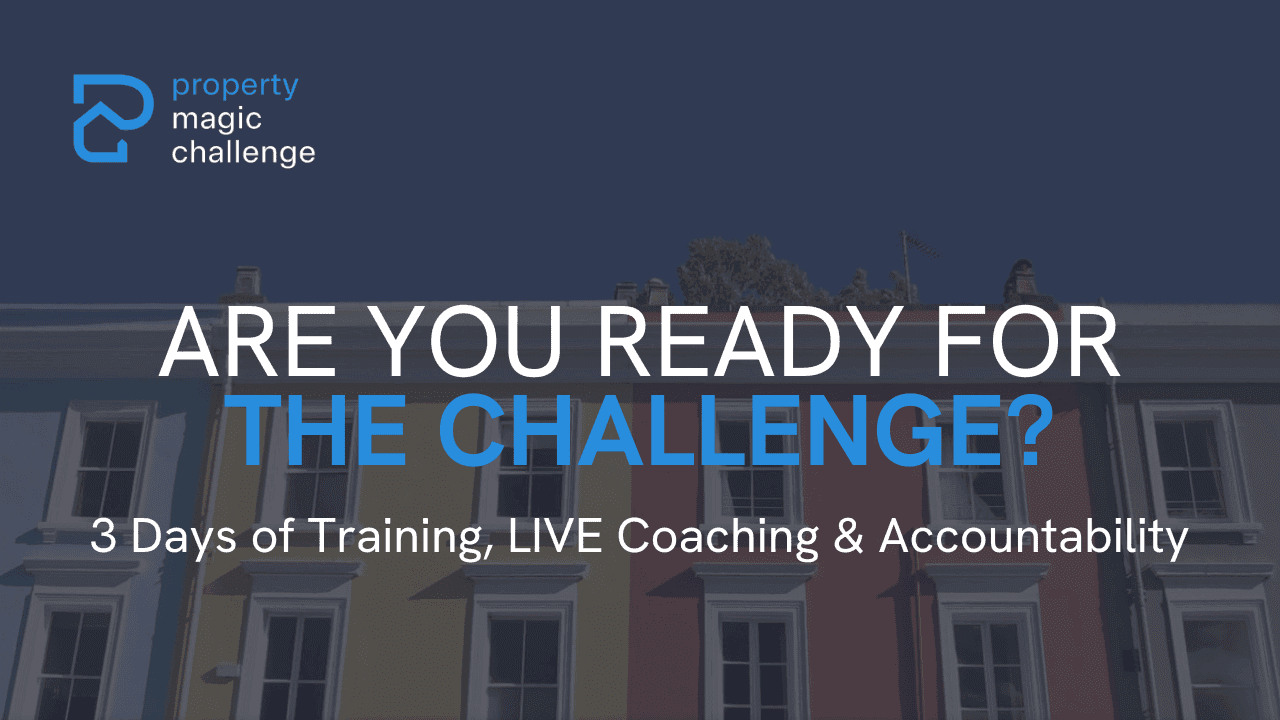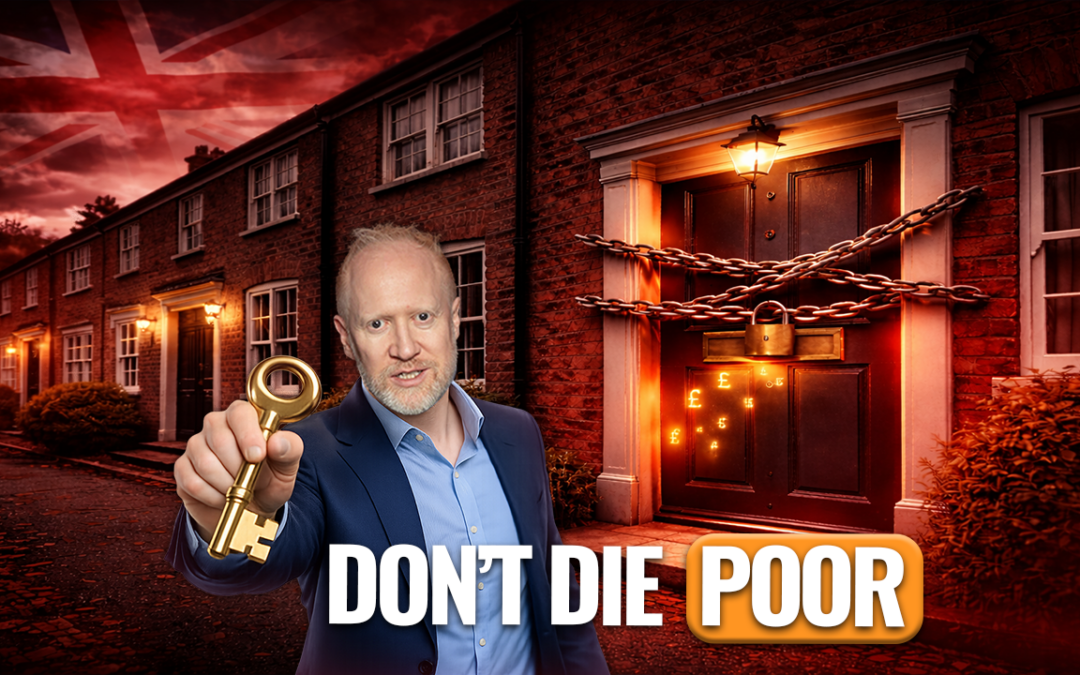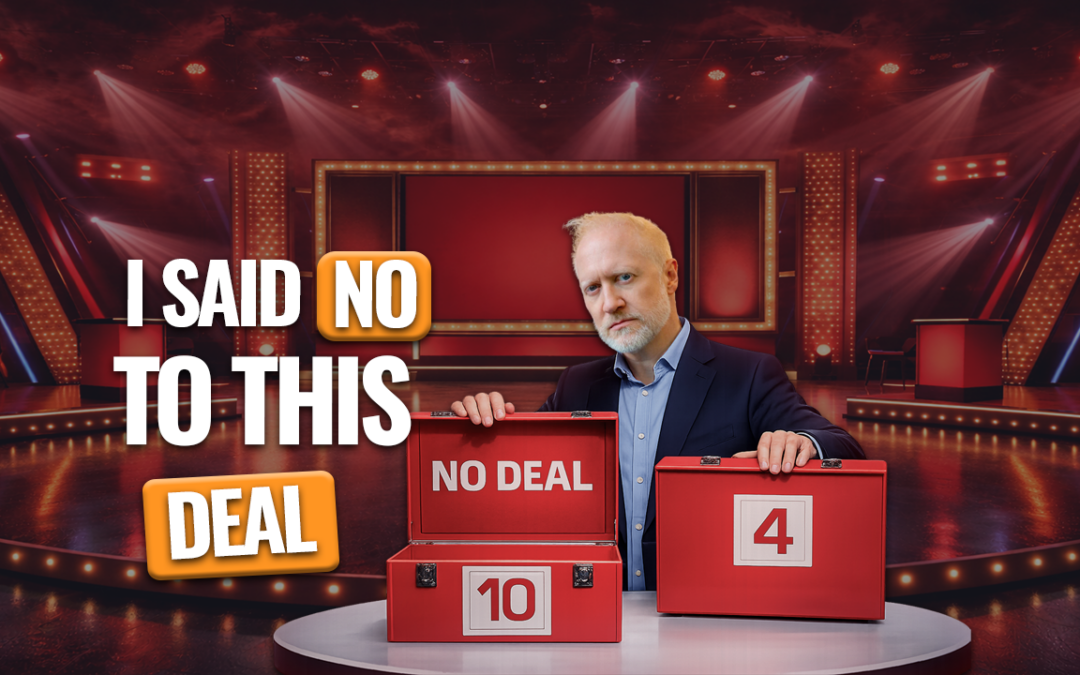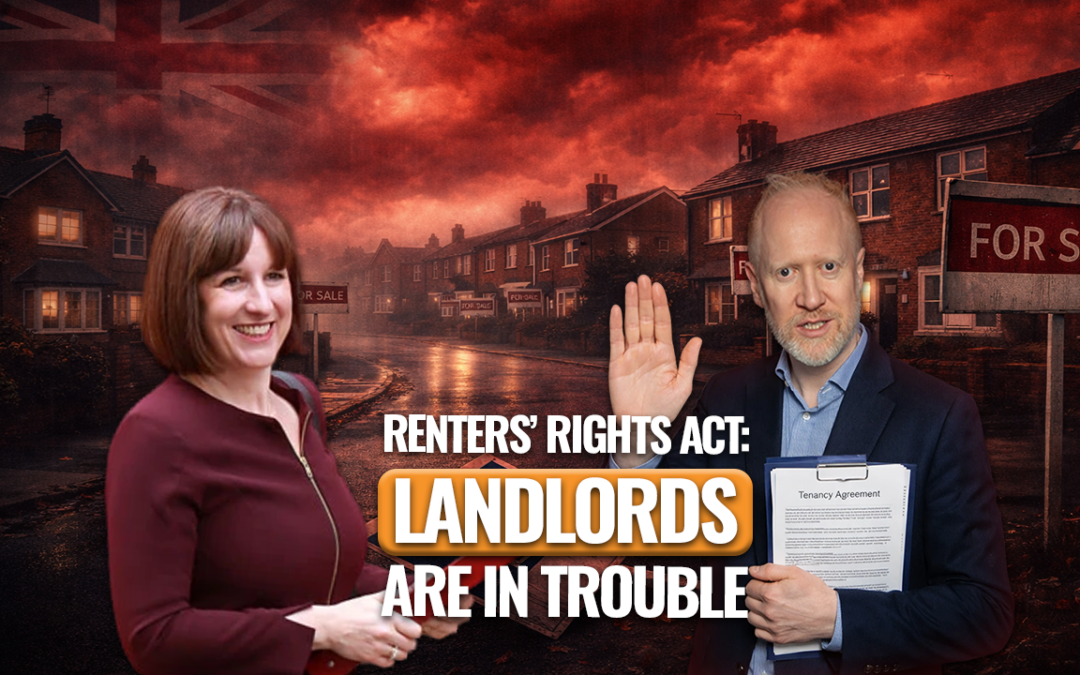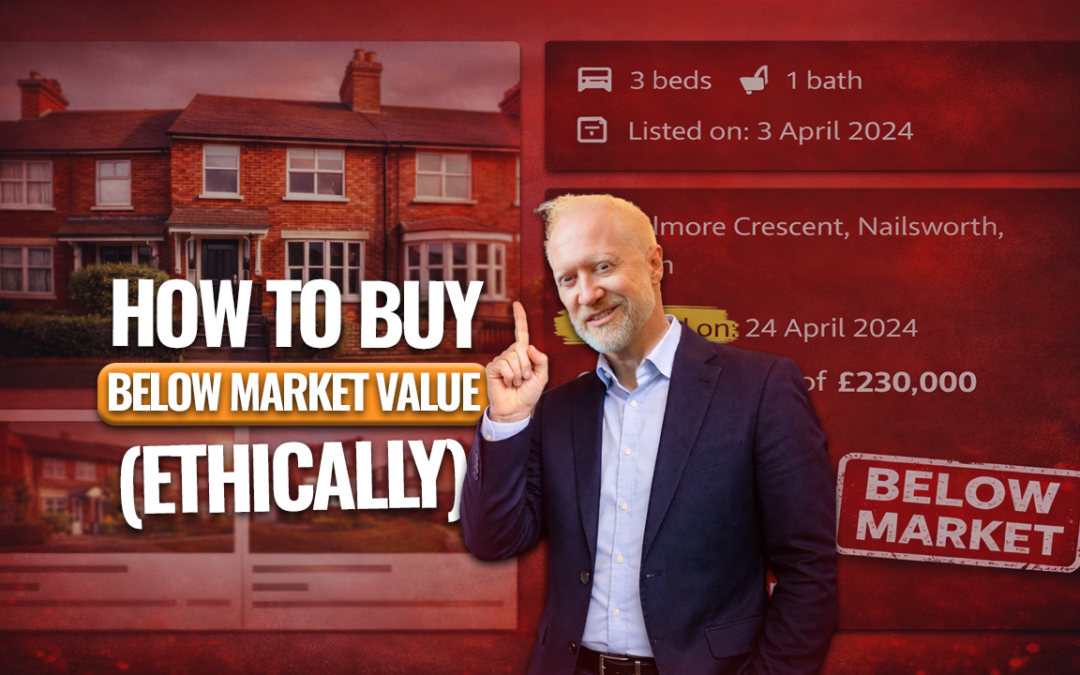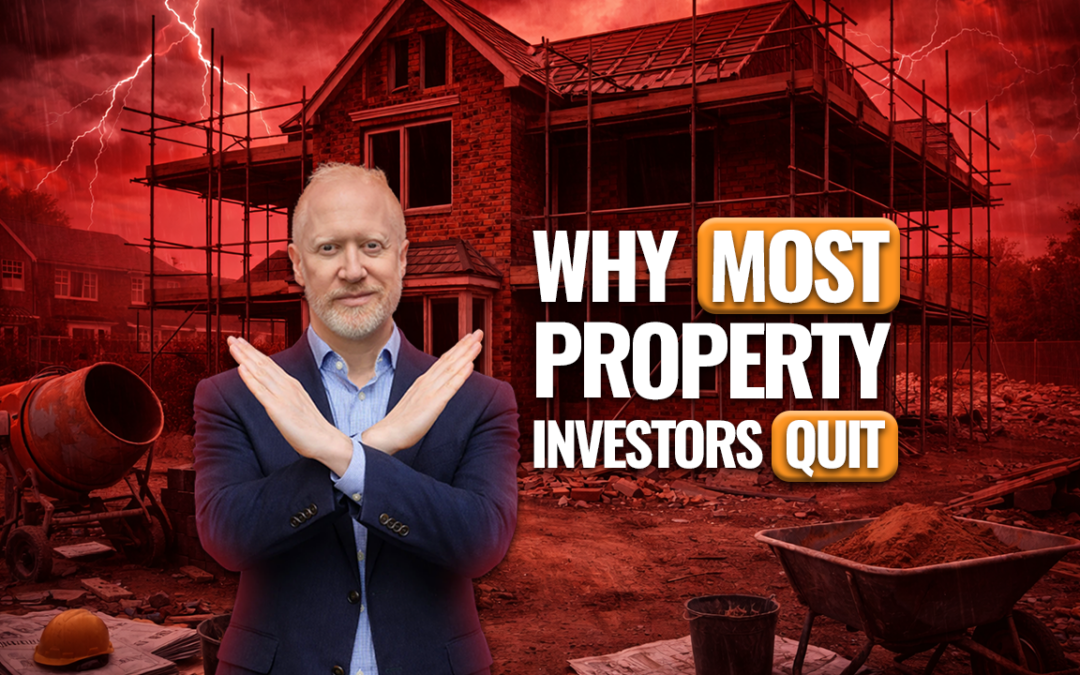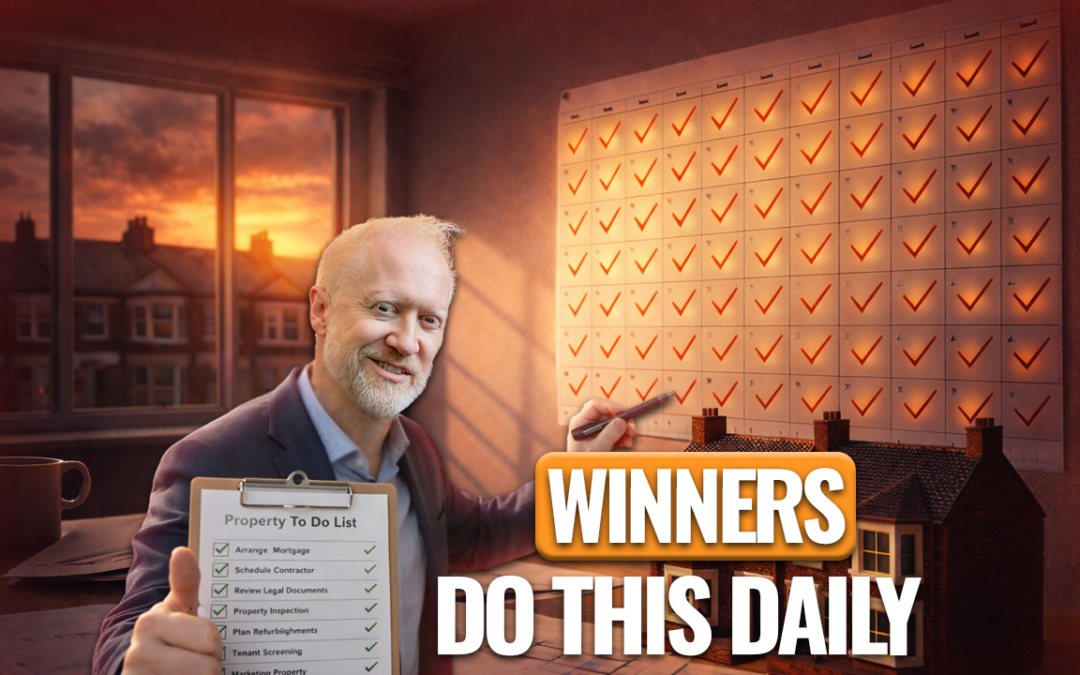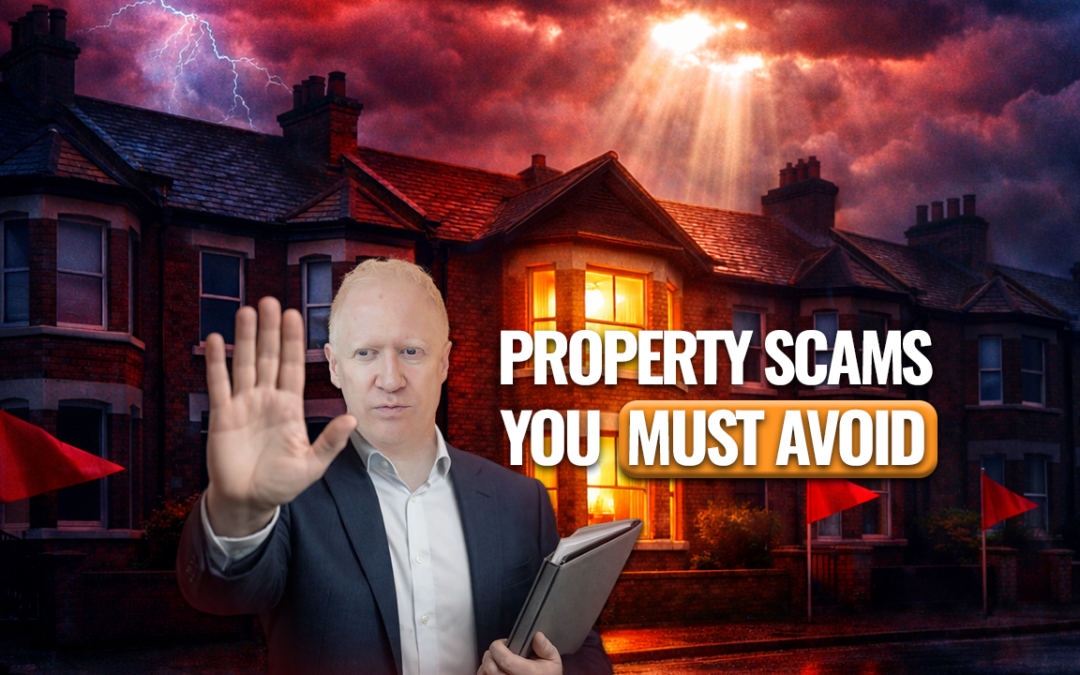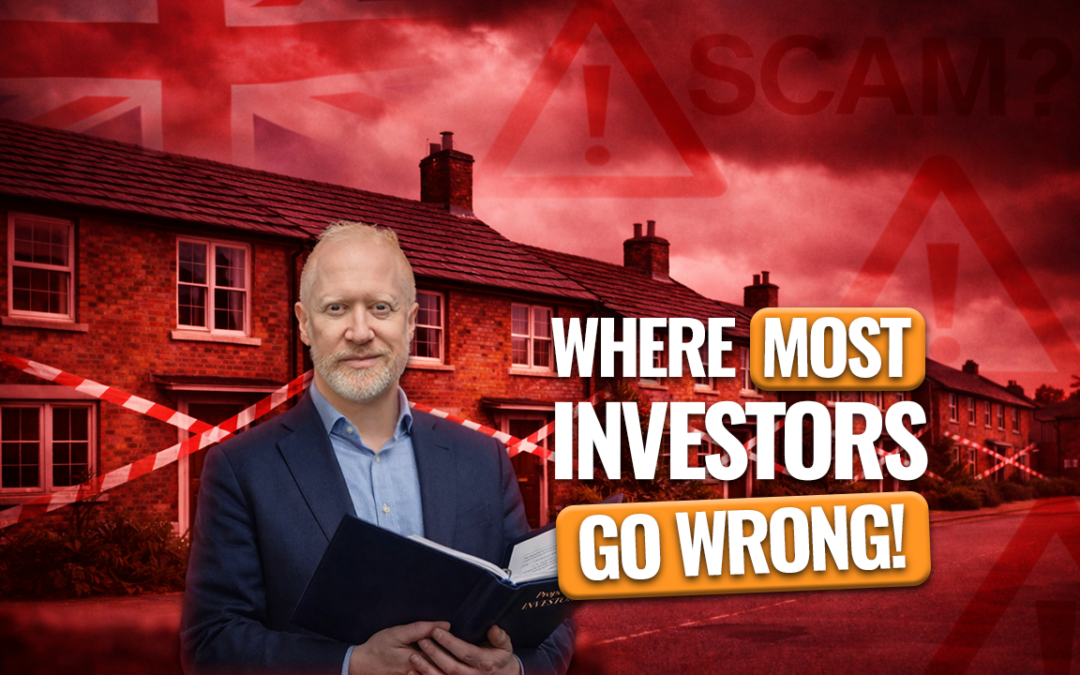Most people grow up believing that buying your own home is the smartest financial decision you can make. It feels like a rite of passage. A sign of success. But what if I told you that your home might not be the asset you think it is?
In fact, in many cases, your home is not an asset at all. It is a liability.
That may sound controversial, especially if you’ve worked hard to get onto the property ladder. But if you want to build lasting wealth through property, this is one of the most important financial truths you need to understand.
In this article, I will explain the difference between assets and liabilities, why your home might be costing you more than you realise, and how to start building a portfolio of income-generating property instead.
What Is an Asset?
Let’s get clear on definitions. In traditional terms, an asset is something that has value. But real investors take it a step further.
An asset is something that puts money into your pocket every month. A liability takes money out.
So ask yourself this: does your home give you a regular monthly income?
If the answer is no, then from a financial perspective, your home is a liability. Even if it increases in value over time, it is still costing you money every month in mortgage payments, insurance, maintenance, and more.
This is the mindset shift that most homeowners miss.
Why This Matters for Your Financial Future
When people focus solely on buying their own home, they often end up tying up most of their capital in a property that produces no income.
On the other hand, property investors look for assets that pay them every single month. They invest in properties that generate positive cash flow and increase in value over time.
These are the kinds of assets that lead to financial freedom.
The goal is not just to own property. The goal is to own the right kind of property.
How to Get on the Property Ladder the Smart Way
Many people think they need to buy a house to live in as their first step. But if you want to get ahead financially, here’s a better approach:
- Buy an investment property that generates rental income.
- Use the cash flow to build your deposit for the next property.
- Repeat the process until your income covers your lifestyle.
- Then, if you want to, buy a home to live in, knowing you can afford it without financial pressure.
This is the exact strategy I’ve taught thousands of investors through the property investors network (pin).
Why Now Is the Right Time
You might be wondering if now is a good time to get started. The market feels uncertain. Interest rates have gone up. Prices have stabilised in many areas.
But uncertainty creates opportunity.
Right now, there are more motivated sellers in the market. You can negotiate better deals. There is less competition. And if you know what you are doing, you can still buy property below market value and structure creative deals that require little or none of your own money.
This is the time to act while others are hesitating.
What to Do Next
If you are ready to start building a property portfolio, here are three things you can do immediately:
-
Educate yourself. Learn how property investing really works. Understand the numbers. Know how to find and analyse deals.
-
Connect with other investors. Surround yourself with like-minded people who are already doing what you want to do.
-
Take action. Don’t wait until everything is perfect. Start small if you need to. Just start.
What to Do Next
Your home might not be the financial asset you were led to believe it is. That’s not bad news. It is just a sign that you may need to think differently if you want to create long-term wealth.
Focus on buying assets that pay you. Build a portfolio that gives you income, security, and choices. And when the time is right, let those assets fund your ideal lifestyle.
That is how you build true financial freedom through property.
Ready to Take the First Step?
If you want help getting started, join me for the 3-Day Property Magic Challenge. It is a live online event where I will show you how to find, fund, and secure your first or next investment property, even if you are starting with little experience or cash.

